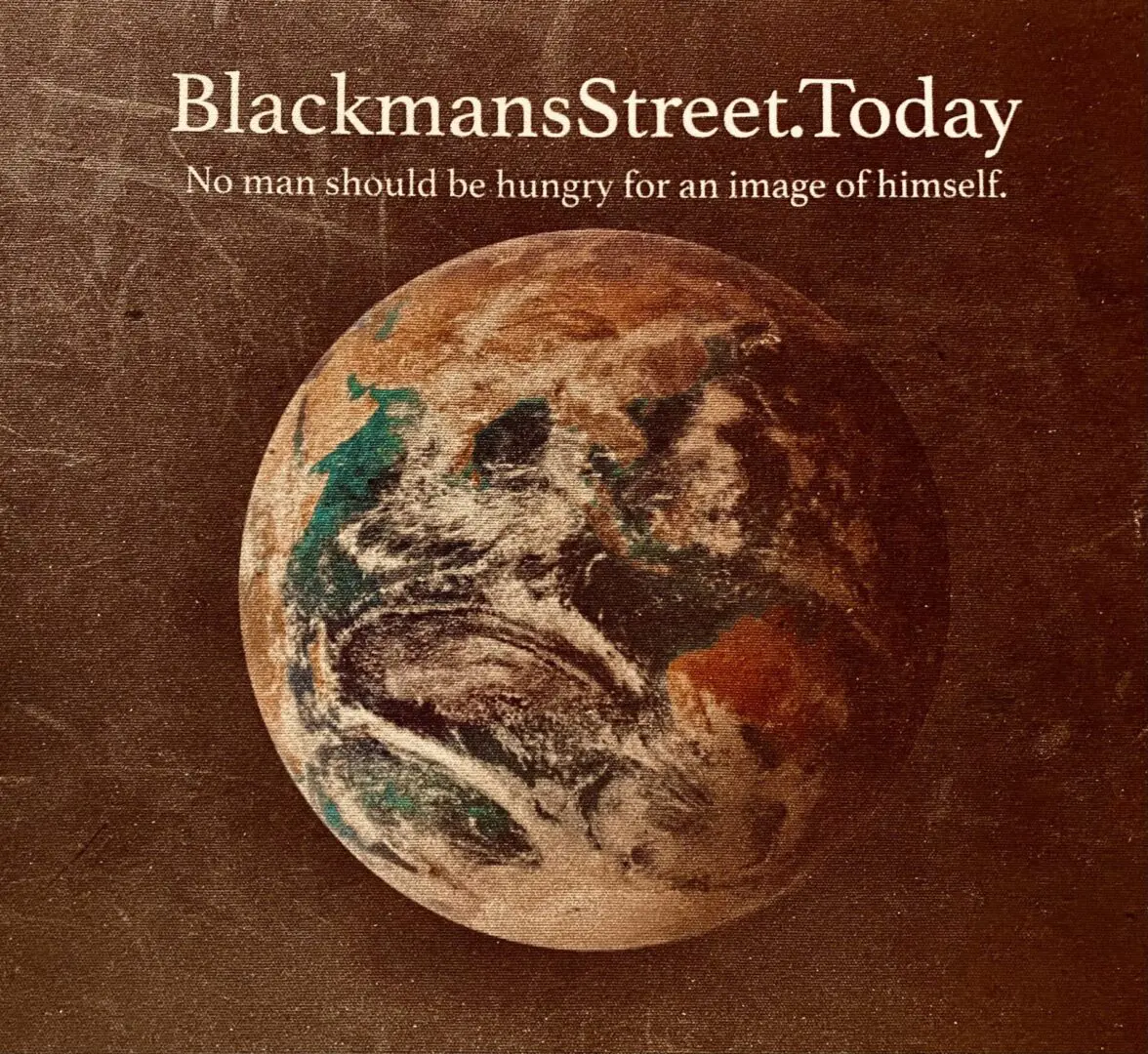Jim Brown taught us to question the Vietnam War
I followed Jim Brown as the leading running back for the Cleveland Browns, but what drew me to him was his having organized other Black men to support Muhammad Ali, who refused to be drafted to fight in Vietnam.
It was a courageous position for Ali and the Black men to take. I would read the Tacoma News Tribune and the names of Black and White men I knew who died in Vietnam.
After Ali won the Olympic gold medal at the 1960 Rome Olympics, a Louisville restaurant, where he lived, refused to serve him the two hamburgers and coffee he ordered.
The waitress said to Ali, ‘Sorry, we don’t serve Negros.’ Ali said to her, ‘I don’t eat them either, just give me two cheeseburgers.’
She said, ‘You’re getting smart’ and she called the manager and he said, ‘I don’t care who he is.’
Muhammed Ali said no Vietnamese ever called him “Nigger.â€
Most sports reporters at big newspapers refused to call him Muhammad Ali and instead used his slave name, Cassius Clay.
And when he was suffering from Alzheimer’s, a disease that affects the brain, some sports writers suggested he was addicted to heroin.
And many Blacks also did not like Ali because they considered him an embarrassment to the race.
The Boxing Commissions in New York, Illinois, and Texas wanted to strip Ali of his heavyweight title and eventually, they did. His case worked its way through the appeals process, and in 1971 his title was restored.
During this period when his boxing career was paused, opposition to the Vietnam War grew and Ali’s resistance to the war gained sympathy, he spoke at colleges across the nation, criticizing the Vietnam War and advocating for African-American pride and racial justice.
In June 1967, Brown organized “The Cleveland Summit,†in support of Muhammad Ali. Other famous Black athletes attended, including Kareem Abdul-Jabbar and Bill Russell.
“When I was 20, Jim Brown invited me to attend the Cleveland Summit,†Jabbar tweeted. “This was my first public support for Muhammad Ali and it was the first of many steps I would take as a civil rights activist.”
The Cleveland Summit has been called “a significant turning point for the role of the athlete in society” and “one of the most important civil rights acts in sports history” as well as a predecessor of the protest movement initiated by Colin Kaepernick.
Brown was considered one of the greatest football players who ever played the game. He also was an actor. Brown died Thursday at his Los Angeles home. He was 87 years old.
